topmenu
Wyniki wyszukiwania:
wyszukanych pozycji: 6
 |
Pers?nlichkeit, Bew?ltigungsstil und STROOP-Testleistung
ISBN: 9786200674890 / Niemiecki Termin realizacji zamówienia: ok. 10-14 dni roboczych. |
cena:
129,27 |
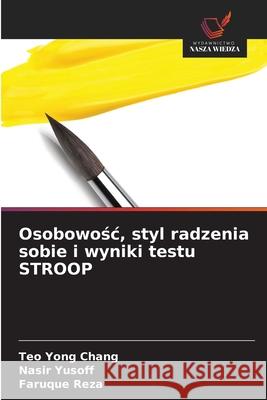 |
Osobowośc, styl radzenia sobie i wyniki testu STROOP
ISBN: 9786200675002 / Polski Termin realizacji zamówienia: ok. 10-14 dni roboczych. |
cena:
129,27 |
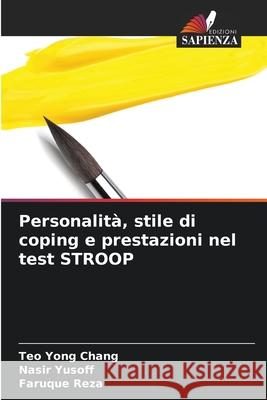 |
Personalit?, stile di coping e prestazioni nel test STROOP
ISBN: 9786200674968 / Włoski Termin realizacji zamówienia: ok. 10-14 dni roboczych. |
cena:
129,27 |
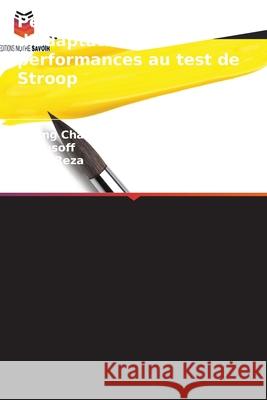 |
Personnalit?, style d'adaptation et performances au test de Stroop
ISBN: 9786200674920 / Francuski Termin realizacji zamówienia: ok. 10-14 dni roboczych. |
cena:
129,27 |
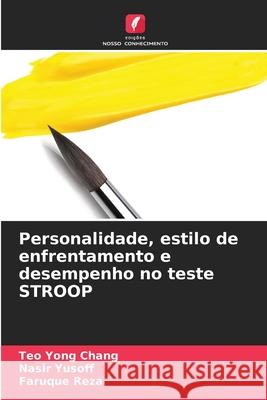 |
Personalidade, estilo de enfrentamento e desempenho no teste STROOP
ISBN: 9786200675019 / Portugalski Termin realizacji zamówienia: ok. 10-14 dni roboczych. |
cena:
129,27 |
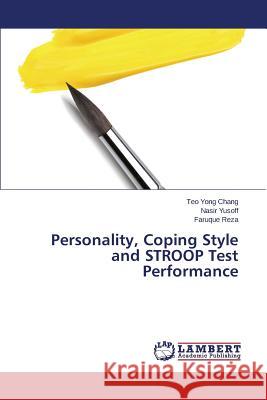 |
Personality, Coping Style and STROOP Test Performance
ISBN: 9783659685699 / Angielski / Miękka / 2015 / 68 str. Termin realizacji zamówienia: ok. 10-14 dni roboczych. In the course of the past decades, a number of investigators have made a concerted effort to identify the underlying factors correlated to performance of the Stroop Color and Word Test. Although these efforts have yielded substantial evidences to prove Stroop Color-Word Test performance with a considerable number of neurological, psychological, and socio-cultural variables, however, the area of personality and coping styles remained elusive. Individual difference parameters could affect Stroop's interference resistance prediction. Openness trait and age factor was found to positively...
In the course of the past decades, a number of investigators have made a concerted effort to identify the underlying factors correlated to performance...
|
cena:
129,27 |










